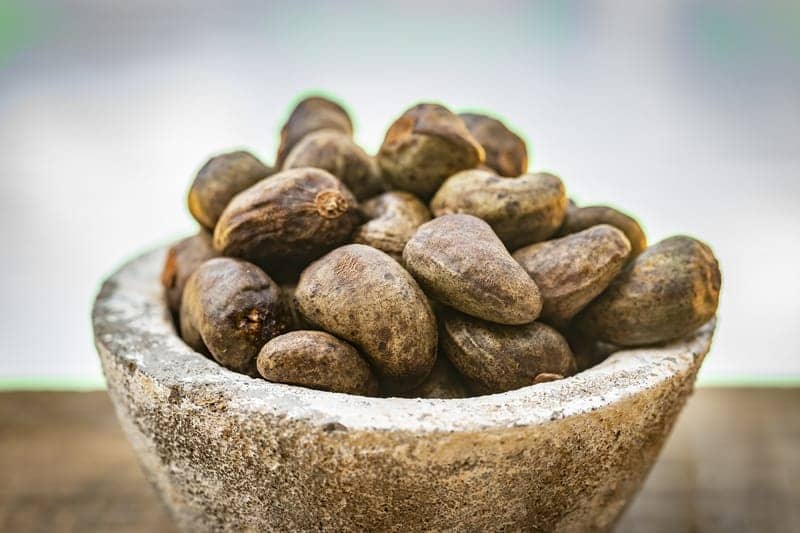Anacardic acid, a chemical compound found in the shell of the cashew nut, helps promote the repair of myelin, Vanderbilt University Medical Center researchers suggest, in the Proceedings of the National Academy of Sciences.
Myelin is a protective sheath that surrounds nerves. Damage to this covering — demyelination — is a hallmark of multiple sclerosis and related diseases of the central nervous system, according to a media release from Vanderbilt University Medical Center.
“We see this as an exciting finding, suggesting a new avenue in the search for therapies to correct the ravages of MS and other demyelinating diseases.”
— senior author Subramaniam Sriram, MBBS, William C. Weaver III Professor of Neurology and chief of the Division of Neuroimmunology
Previous work led by Sriram suggests that a protein called interleukin 33, or IL-33, induces myelin formation. IL-33 is, among other things, an immune response regulator, and multiple sclerosis is an autoimmune disorder.
Anacardic acid is known to inhibit an enzyme involved in gene expression called histone acetyltransferase, or HAT. Sriam’s team suggests that whatever inhibits HAT induces production of IL-33.
Therapeutic Uses of Anacardic Acid
In the study, the research team suggest a range of new findings that could point to a potential therapeutic use of anacardic acid for demyelinating diseases:
- In vitro, the addition of the compound to rat cells most responsible for myelination — oligodendrocyte precursor cells, or OPCs — spurred induction of IL-33 and rapidly increased the expression of myelin genes and proteins, including dose-dependent increases in myelin basic protein;
- In two animal models of demyelination, treatment with the compound increased the relative presence of IL-33-expressing OPCs and led to reduced paralysis;
- In an animal model of demyelination treated with the compound, dissection and electron microscopy showed dose-dependent increases in myelination.
“These are striking results that clearly urge further study of anarcardic acid for demyelinating diseases.”
— Subramaniam Sriram, MBBS
[Source(s): Vanderbilt University Medical Center, Science Daily]
Related Content:
MS Research Adds More Reasons to Eat Your Fruits and Veggies
How Researchers Are Reelin’ in a New Treatment for Multiple Sclerosis
Benign Multiple Sclerosis Predictors Include Younger Age and Earlier Onset





